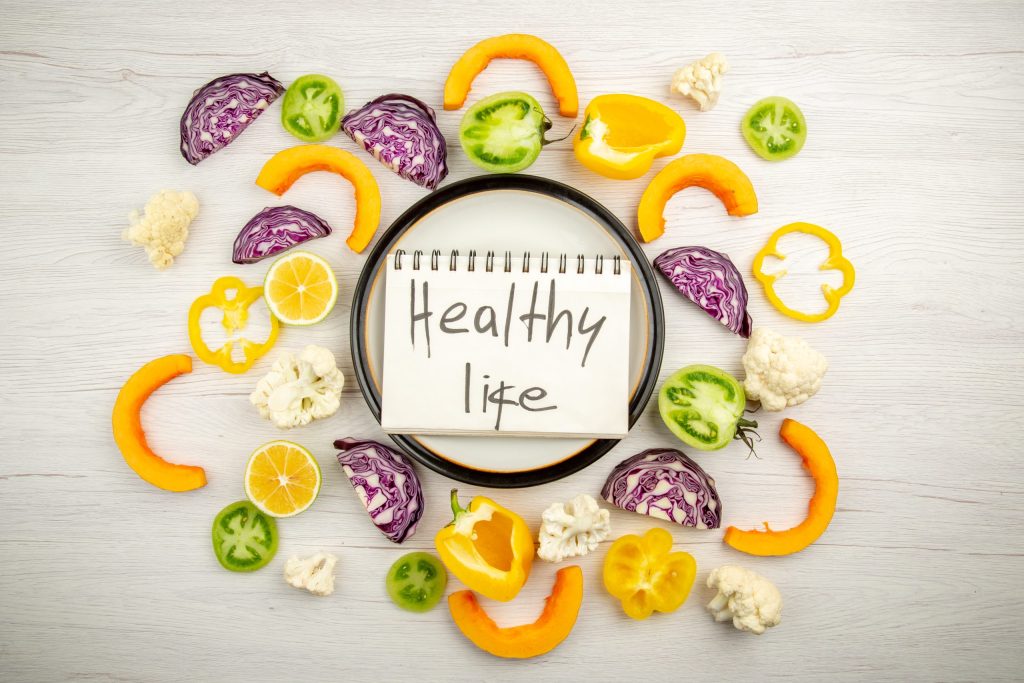It exist a famous sentence “We are what we eat” attributed to the German philosopher Ludwig Feuerbach (1850), that aligns with a similar concept appeared earlier in history, by the ancient Greek physician Hippocrates, who is believed to have expressed “Let food be the medicine and medicine be the food.”
Are this antique affirmations also implying the role of food components in our immune health? It is important what we eat for our ability to counteract infections? Depending on our diet can we better control inflammatory processes? Yes, it is widely known that diet plays a fundamental role not only in health but specifically in maintaining a strong and balanced immune activity.
Nutrients such as vitamins A, C, D, zinc, and antioxidants -such as polyphenols- support the development and function of immune cells. A diverse and fiber-rich diet also nurtures gut microbiota, which plays a key role in immune regulation. Poor nutrition, on the other hand, can weaken immune defences and increase susceptibility to infections. Therefore, a well-balanced diet is essential for both preventing illness and promoting overall health.
This is the basis of the Immunonutrition which is considered as the study and application of how specific nutrients and dietary components influence the immune system’s development, function, and response. It focuses on how these can enhance immune defenses, modulate inflammation, and support recovery during illness or stress. Immunonutrition is especially relevant in clinical settings, early life, aging, and disease prevention.
In this context, it is important the so-called “windows of opportunity”. It means that the positive effects that diet can have in our health have not the same impact at any moment: as earlier the better. In this sense, we have to have a look at the breast milk, as it is the first food that an infant is going to ingest. This “gold standard” for baby’s nutrition is really rich in many bioactive components that modulates both, immune system and microbiota development. In the last years it has been shown how breast milk composition changes due to the maternal diet in terms of macronutrients, but also in the bioactive components present with range from specific sugars, immune components, but also alive cells and healthy bacteria. And it seems that these elements are key for the infant development, thus, the way a mother eats can have an impact in the breast milk that she provides to the baby and therefore to impact on his/her health, both in early life but also at later stages.
Overall, can we say then that you are what your mother ate? This is a current idea also running since more than 15 years. And centring it again into the immune system, can we say that your immunity is aligned with the diet your mother followed during lactation? Or also during gestation? These and other questions are hot topic in current research.
University Associate Professor in the Section of Physiology. Department of Biochemistry and Physiology. Faculty of Pharmacy and Food Sciences. University of Barcelona
Researcher in the "Autoimmunity, Immunonutrition and Tolerance Group".
Director of the Institute of Research in Nutrition and Food Safety (INSA-UB)


